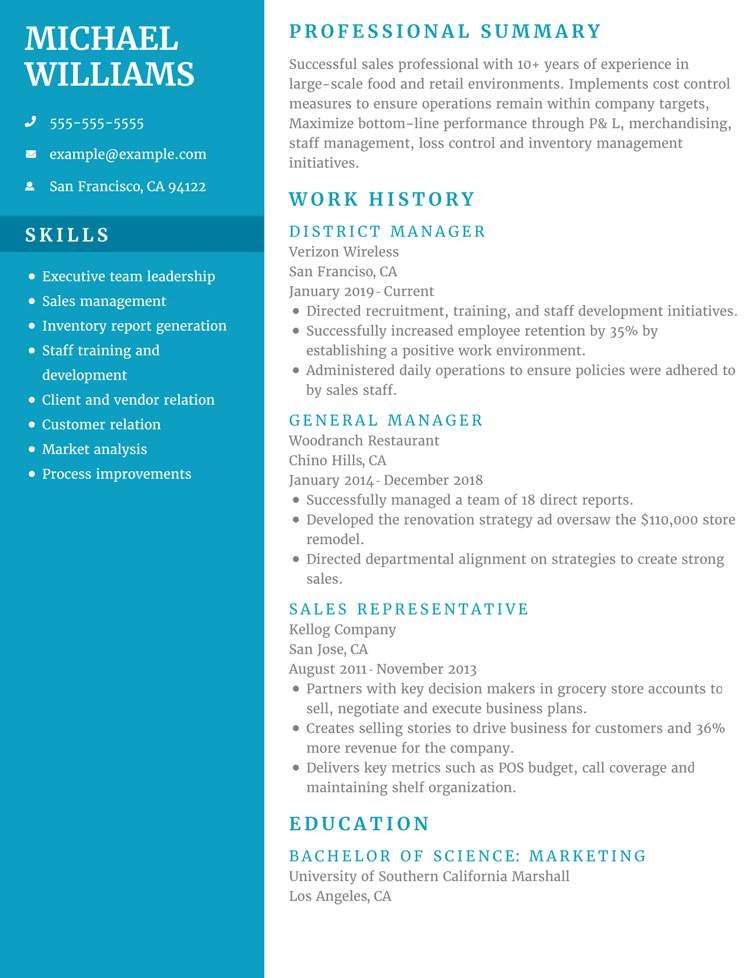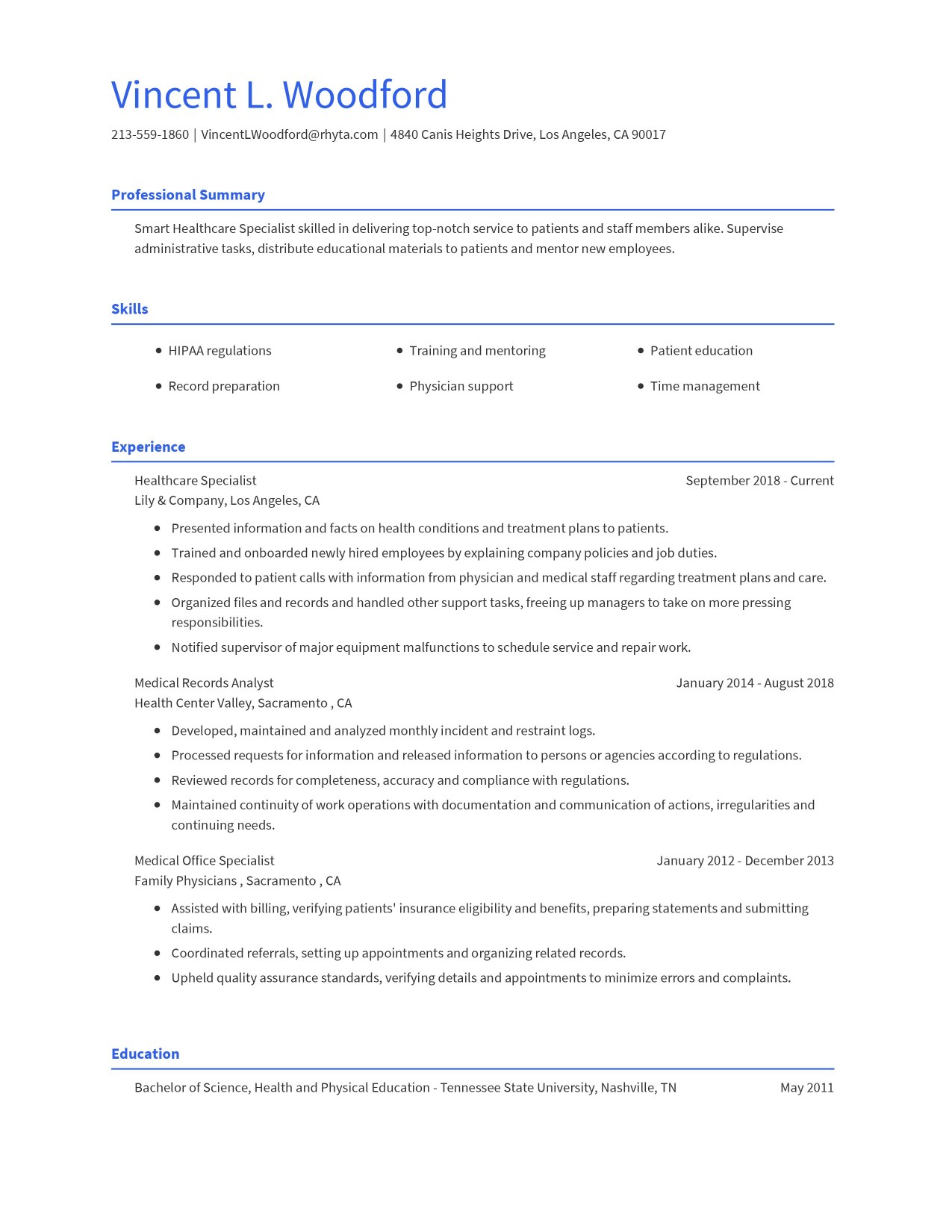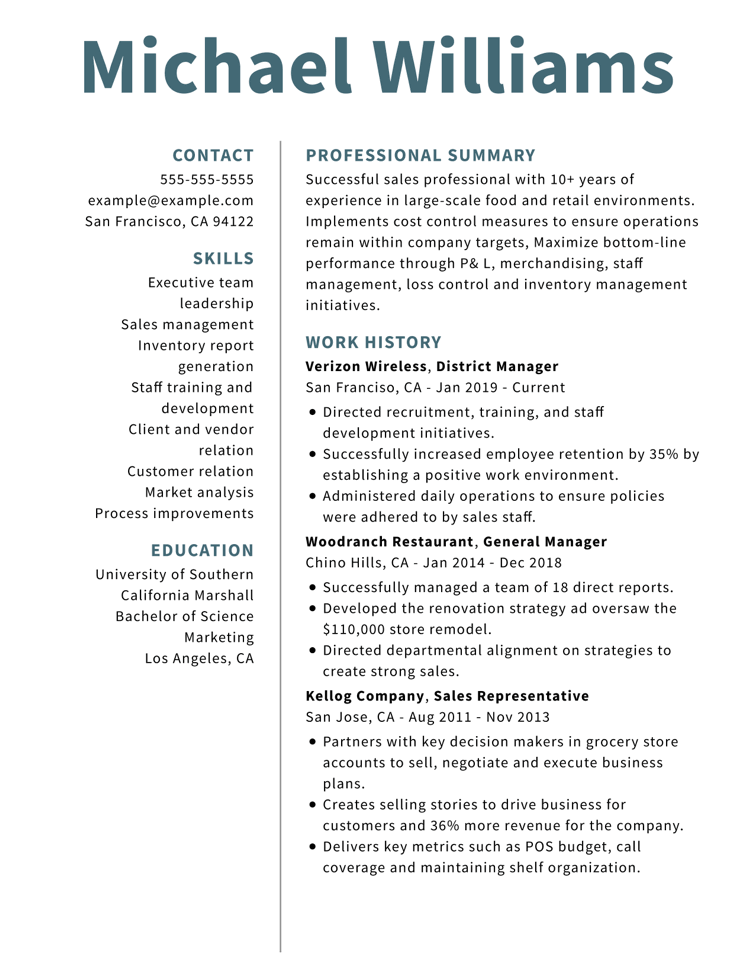Project Engineer CV Examples to Help You Build Yours
Project engineers are super important to the successful execution of a project. Here’s how to create a project engineer CV showing that you’re qualified to take on a project engineer role.
Project engineers are super important to the successful execution of a project. Here’s how to create a project engineer CV showing that you’re qualified to take on a project engineer role.





OUR USERS HAVE BEEN HIRED BY



Project engineers need to show hiring managers and recruiters that they know the ins and outs of a project. From planning and budgeting to project completion, project engineers need to demonstrate that they can handle a project engineer’s tasks. Engineers specialise in many industries, and your CV should reflect the exact one you work in.
Here’s a list of industries engineers work in:
Your CV structure will largely depend on the type of CV format you choose. Project engineers usually need lots of skills and experience. So, a chronological or a skills-based CV format are both good options. Regardless of the CV format you choose, your CV will still contain these sections:
Contact information
Your skills section helps the hiring manager or recruiter determine whether you’re able to carry out project engineering tasks. So, you’ll need to include skills that show you can complete projects and fulfill the job description. The perfect CV will have a good mixture of both hard and soft skills. Hard skills are role-specific, whilst soft skills are personality traits that can be transferable among different job roles. Feature your skills as a bullet point list on your project engineer CV. Consider these skills as inspiration when writing your CV:
Work history
Here are some additional tips for creating a project engineering CV:
Do:
Don’t:
Yes! Cover letters are a great way to give your future employer more information about your engineering experience. You can go into greater depth about why you’re the ideal candidate for the role, explaining your key skills and additional certifications. You can also explain your key accomplishments from your previous role in a cover letter.
Project engineers will usually need around three or four years of experience in an engineering job. This will help build your credibility and give you the necessary background knowledge to navigate a senior role.
Here are some CV writing tips to enhance your project engineer CV: Keep your sentences short. The hiring manager should be able to get all the information they need at a glance. Exclude all unnecessary information. This includes irrelevant experience or certifications that don’t relate to engineering. Get rid of unnecessary phrases or fillers from your sentences. Ensure that you still use action verbs to describe your primary responsibilities.
We personalize your experience.
We use cookies in our website to ensure we give you the best experience, get to know our users and deliver better marketing. For this purpose, we may share the information collected with third parties. By clicking “Allow cookies” you give us your consent to use all cookies. If you prefer to manage your cookies click on the “Manage cookies” link below.